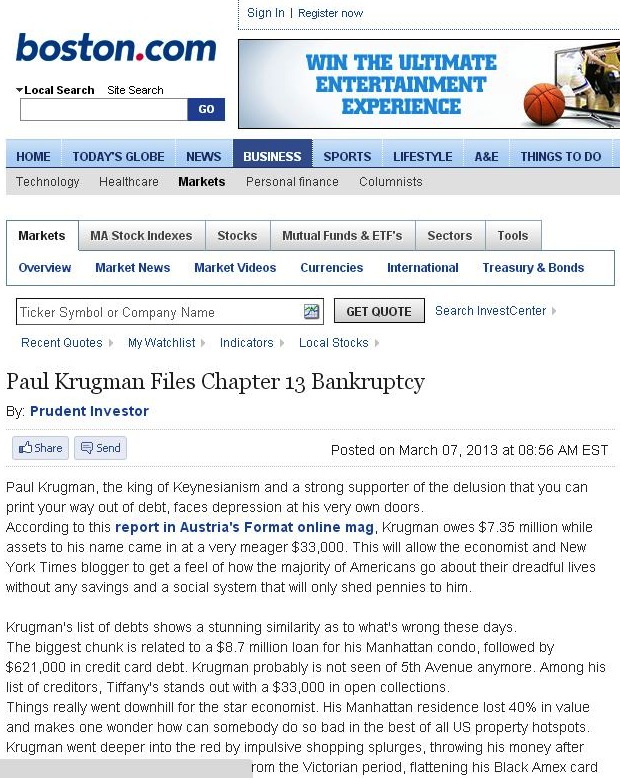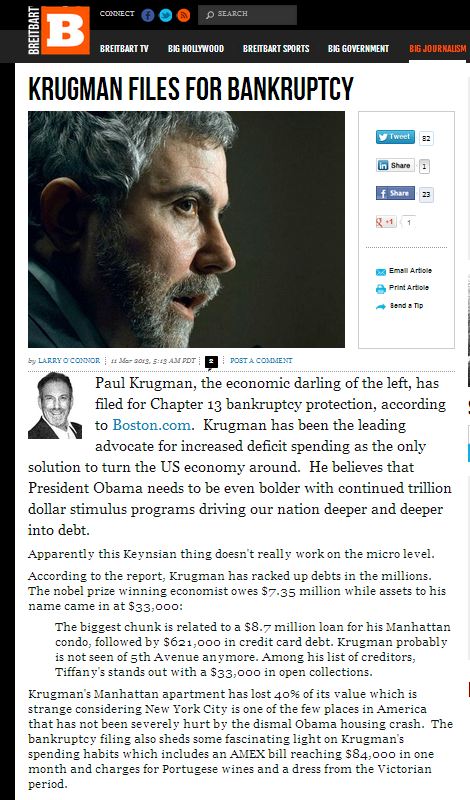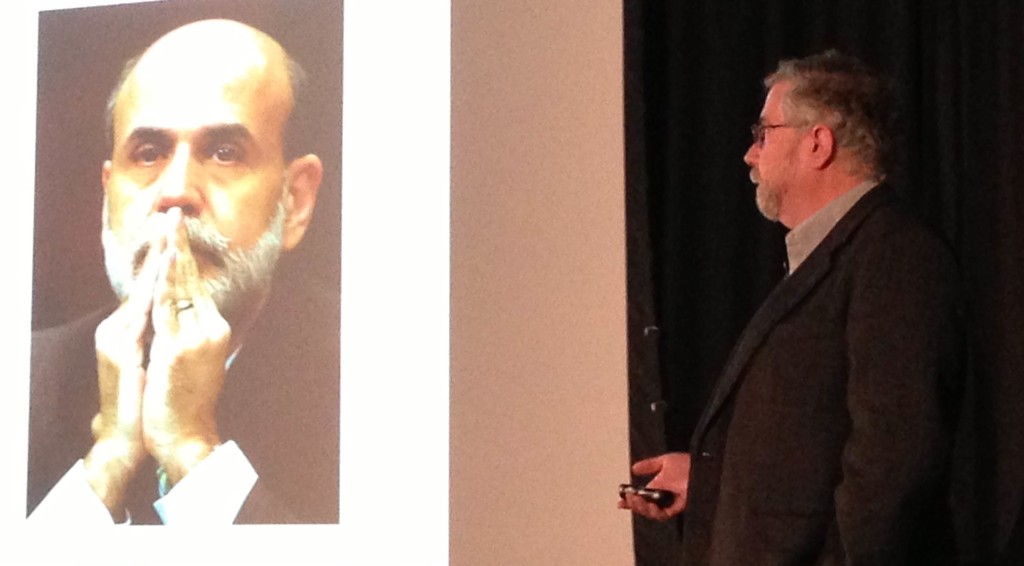How did John Maynard Keynes know I’m not rational? Or at least, not always rational. According to authors George A. Akerlof and Robert J. Shiller, this is one key precept that vanished somewhere along the line from its initial expression by Keynes to the onset of the Great Recession seventy years later. The duo’s book, Animal Spirits: How Human Psychology Drives the Economy, and Why It Matters for Global Capitalism, is a concise attempt at its revival.
It is now nearly a foregone conclusion that humans act rationally as pertaining to economic decisions. So in the aggregate, the macro-economy will reflect thousands and millions of minor judgment calls that, taken together, constitute the long-sought-after equilibrium. The problem with this theory (even if this never seemed to bother its creator, Milton Friedman) is in its idealism. Are human beings rational? To an extent, yes. At other times, “people really are human, that is, possessed of all-too-human animal spirits,” the authors write.
What are these animal spirits, and what do they do? The definition given here is “the thought patterns that animate people’s ideas and feelings.” This sounds suitably vague, which is precisely the point. In the rush to transform economics into a science, overweening economists threw the baby out with the bathwater, discarding the very real enigma of human behavior along with the failed economic theories of prior eras. Akerlof, the 2001 Nobel Prize-winner in economics, and Shiller want nothing more than to reintroduce these animal spirits to the field of economics and the public at large.
But first, a re-branding. What was then “animal spirits” is now studied as “behavioral economics.” The authors propose five psychological aspects of this discipline: confidence, fairness, corruption and bad faith, money illusion, and stories. Each of these plays a unique role within the macro-economy, but not always intuitively. Money illusion, for example, describes what takes place when wage cuts are instituted following a deflationary trend. Even when the decrease in pay is commensurate with the drop in prices, employees usually feel cheated. A perfectly rational decision by an employer thus becomes an object lesson in the existence of money illusion (and influences the employees’ perception of relative fairness as well).
This flies in the face of classical economics, in which humans are presumed to be supremely rational. (That such theories persist alongside the ongoing public fascination with the likes of Paris Hilton or, say, the British royal family is its own nifty testament to the inscrutability of the human mind.) So Akerlof and Shiller dutifully document the effects of each of their five factors before launching into eight key questions whose answers only make sense in light of the findings of behavioral economics.
This is an enlightening book, and one made all the more pleasant for its conspicuous lack of angry demagoguery. On a spectrum of bitterness from Joseph Stiglitz to Paul Krugman, the authors of Animal Spirits are clearly more aligned with the former. This is an unexpected reprieve, which understandably lends additional gravitas to their cause. Their case can be summarized thusly: don’t buy too literally into the cult of the “invisible hand.” Markets do fail, which is precisely why government regulation (and occasional intervention) is necessary. Of course, with the benefit of hindsight since Animal Spirits was published, it appears their advice — like that of Stiglitz, Krugman, et al — has gone largely unheeded. What comes next is anyone’s guess.





































